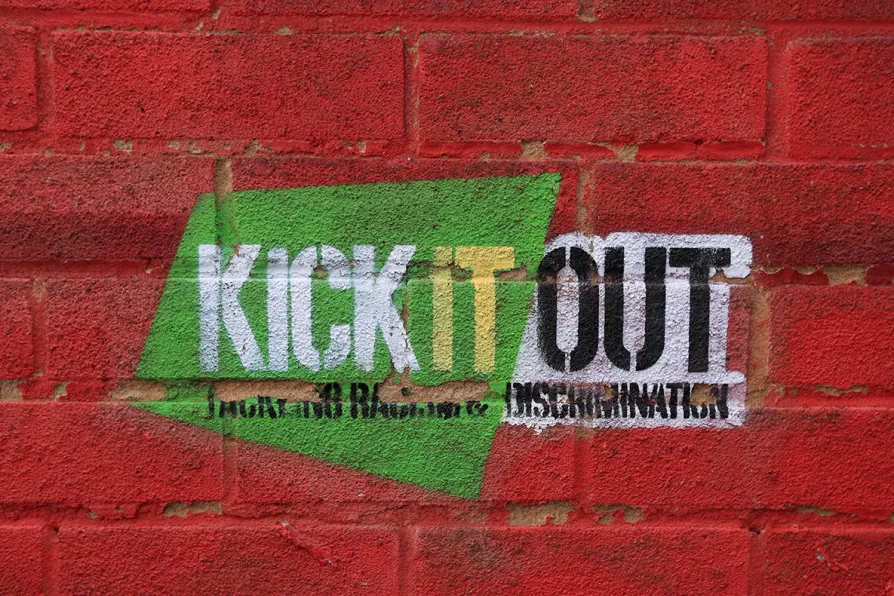Sporting calendar hit by regional instability with tournaments in the Gulf abandoned


AS A global game representing diverse communities and groups of people all around the world, and one which is, in the main, supported by and played by working-class people from those communities, football is in a position of influence when it comes to tackling racism and fascism in sport and society.
On top of that, the groups of people who support these teams — in their hundreds or thousands or millions, at club or international level — mean these organisations naturally have a community base to work with.
Despite their huge influence, there is relatively little action taken by the biggest organisations, with governing bodies often turning a blind eye to incidents of racism or fascism, issuing meaningless meagre fines, and doing little at the grassroots level where real change can happen.

JAMES NALTON writes on the bizarre Aston Villa v Maccabi Tel Aviv scandal

STEVEN ANDREW welcomes a fine introduction to FC United of Manchester, the team set up in opposition to Manchester United

JAMES NALTON writes how at the heart of the big apple, the beautiful game exists as something more community-oriented, which could benefit hugely under mayoral candidate Zohran Mamdani

A new front in the fight for football’s soul is emerging — one rooted in trade union values and collective power










